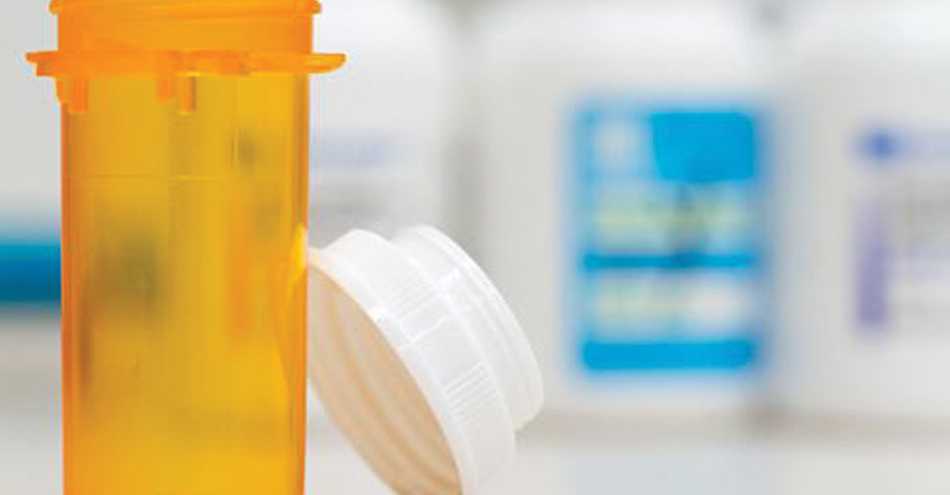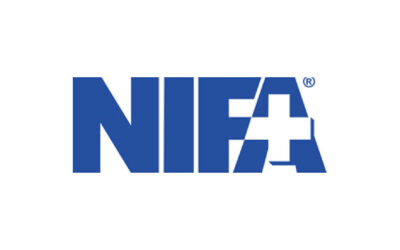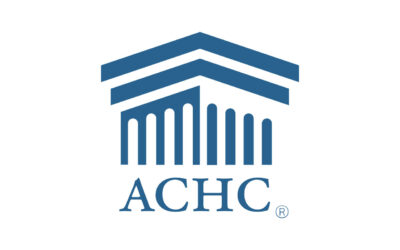As I write this message, ambulatory surgery centers (ASCs) across the country are grappling with yet another challenge to their ability to continue to deliver the top-quality, cost-effective outpatient surgical care that they provide. The concern this time is a shortage of saline solution—a critical supply for ASCs and all those who provide surgery to those in need.
Almost weekly, and sometimes daily in the last year, ASCA hears the same question from our members: Where do I get the saline solution that I need to continue to meet the needs of our patients and physicians at a price I can afford? Meanwhile, media reports continue to focus on the continually escalating costs of this essential surgical supply while transactions in a gray market–a pseudo black market operated by third-party vendors–intensify and existing supplies often go to the highest bidder. Continuing consolidation in the supplier market also appears to be exacerbating the problem.
The unfortunate truth behind the saline solution shortage is that this isn’t the first time that ASCs and other surgery providers have encountered a situation like this one. Recent shortages of versed, fentanyl, propofol and other drugs have also threatened patient access to surgical care.
In fact, this problem is not unique to patients who require surgery. Many patients who seek care provided entirely outside the operating room have been forced to accept lesser quality care as a result of the drug shortages that have occurred in the U.S. in recent years.
What Is Being Done?
After serious concerns about the effects that drug shortages were having on patient care were brought to the attention of Congress a few years back, Congress passed legislation known as the “Food and Drug Administration Safety and Innovation Act” (FDASIA). President Barack Obama signed the act into law on July 9, 2012.
Title X of that law, addresses drug shortages by:
• significantly expanding the drugs that are subject to drug shortage notification requirements;
• requiring the manufacturer of a drug to notify the Food and Drug Administration (FDA) of discontinuance six months ahead of time and of an interruption or other hindrance as soon as is practicable;
• requiring the FDA to expedite the review of changes to the way in which critical drugs are manufactured; and
• authorizing the FDA to publicly identify companies that fail to report shortages.
The FDA is still in the process of implementing all of the requirements of the law, but you can track its progress at http://www.fda.gov/AboutFDA/Transparency/track/ucm328907.htm.
When the FDA learns that a drug is in short supply, it works to identify additional sources of supply or alternative manufacturers, consults with the manufacturers to identify ways to resolve any manufacturing or quality issues and may look at ways to help make new sources of the raw material needed to manufacture the drug available to the drug’s manufacturers. The agency may also begin looking at some longer term solutions, such as expediting new drug applications or beginning to import a foreign drug supply.
What Is ASCA Doing?
The Ambulatory Surgery Center Association (ASCA) has participated in numerous conversations with members of Congress, FDA officials and others to raise awareness of the barriers that patients face in obtaining the care that they need as a result of recent drug shortages. We continue to supply the information we collect to those with authority over this issue.
To help keep all ASCs informed about the drug shortages that ASCs and others across the country are facing, ASCA has created a publicly accessible “Drug Shortages Information Center” on our web site available at www.ascassociation.org/drugshortages. There, you can find information about current shortages, news about temporary and long term solutions, additional detail about what the FDA is doing to address the shortages and more. You can also use some of the links that we have supplied there to report shortages and suspected price gouging to the FDA and the Federal Trade Commission.
What You Can Do
Since part of the FDA’s response plan relies on obtaining timely and accurate information about the shortages that occur from both those who use and those who manufacture the drugs, I encourage all ASC professionals to let ASCA know when you are experiencing problems. I also encourage you to use the links available in our online Drug Shortages Information Center to report shortages and suspected price gouging to the appropriate federal officials. To report shortages to ASCA, please contact Kristin Murphy at kmurphy@ascassociation.org.
For now, this situation remains frustrating, but ASCA will continue to advocate alongside others for a meaningful, long term resolution to this problem. Until one can be enacted, we will continue to contribute, whenever possible, to the temporary solutions that are posed along the way. We need the support of all ASC professionals to be as effective as possible in reaching these goals.








